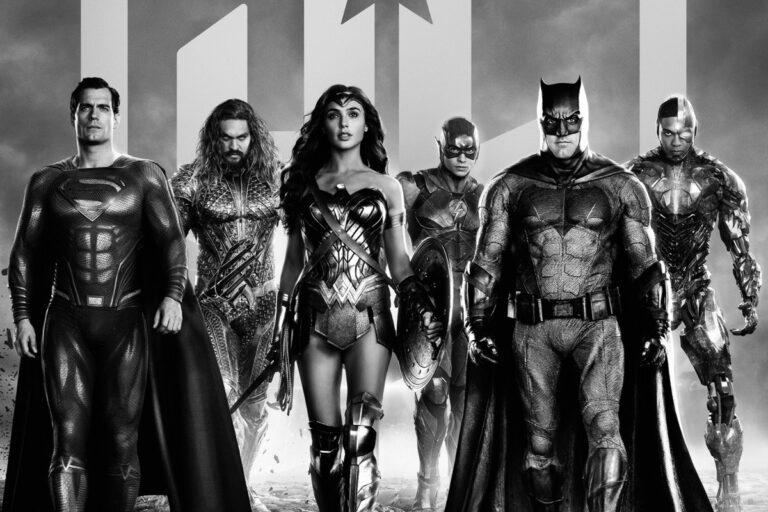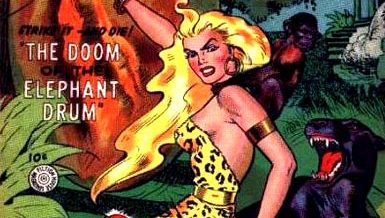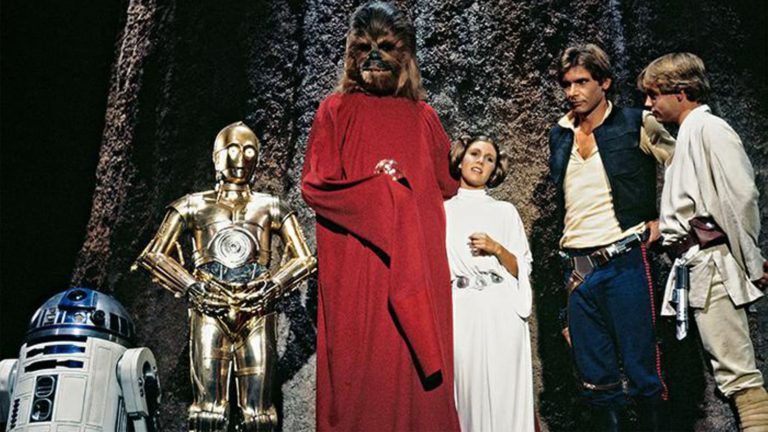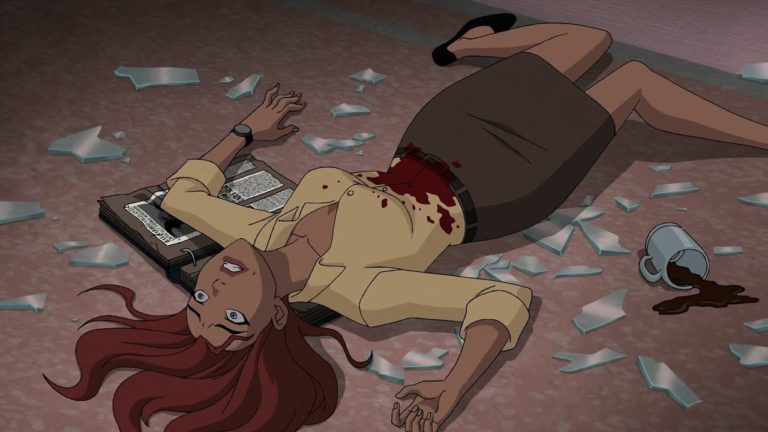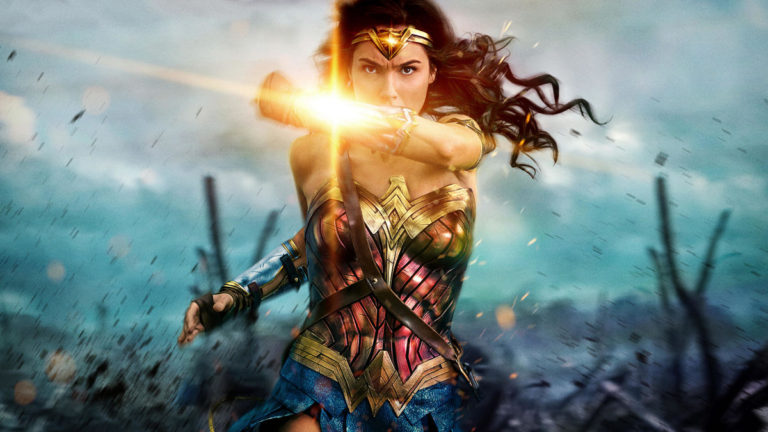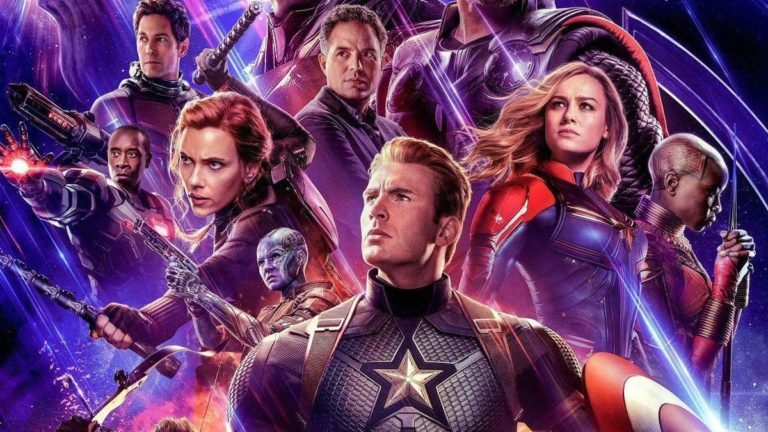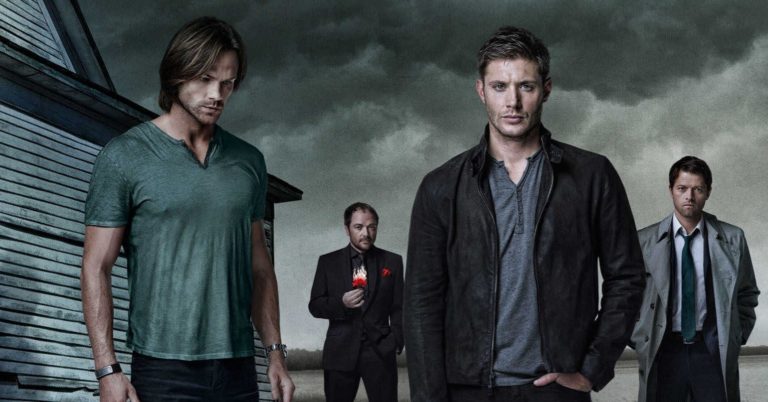With the release of the SnyderCut I think that it is very important to revisit this very harmful idea that fan bases have a controlling influence over studios. Whether you like the SnyderCut or not, its very existence sets a dangerous precedent, not for comic book movies, but for all of media. For 4 years, fanboys on the internet whined and complained loudly and repeatedly until HBO heard their toddler like temper tantrum and decided to fund the SnyderCut.
We are in an age where representation is finally being fought for. We are starting to see a slow turn from white, male-centric stories to seeing stories lead by women and people of color. So I thought that it would be a good time to take a look back at the firsts for superhero representation in the world of comic books.
There are many ways to experience the holiday season; looking at Christmas lights, baking cookies, and of course, watching Christmas movies. But keeping your nerd status during Christmastime is getting easier, so here are my four favorite nerdy holiday specials.
As someone who has dedicated most of her life to studying comic books and specifically women in comic books, I have come to the realization that the Batverse is the most sexist subsect of any comic book universe, whether it be Marvel or DC.
Now that can be seen as a bold claim being that nearly every comic book female in existence was created from and put through sexist, patriarchal, misogynistic storylines and arcs. But, the Batverse is the worst offender.
I’m sure I’ve ticked off someone by now, but I come with receipts so here we go.
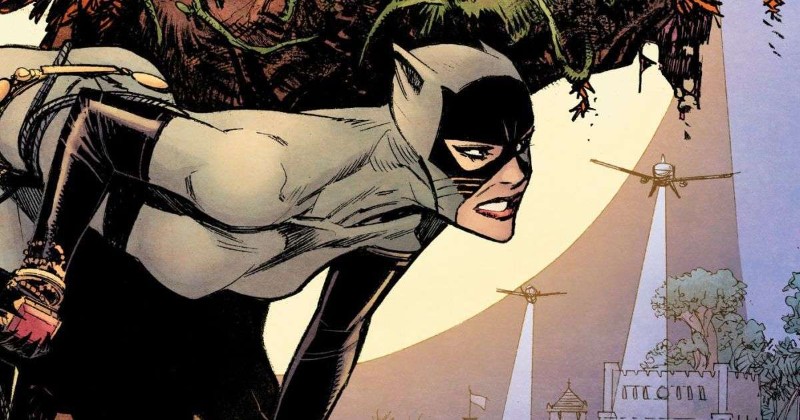
First off we have Catwoman’s creation
Sexism was entrenched in Catwoman’s very creation and, unfortunately, she never escaped those restrictions. Here is a direct quote from her creator Bob Kane:
I felt that women were feline creatures and men were more like dogs. While dogs are faithful and friendly, cats are cool, detached, and unreliable. I felt much warmer with dogs around me—cats are as hard to understand as women are. Men feel more sure of themselves with a male friend than a woman. You always need to keep women at arm’s length. We don’t want anyone taking over our souls, and women have a habit of doing that. So there’s a love-resentment thing with women. I guess women will feel that I’m being chauvinistic to speak this way, but I do feel that I’ve had better relationships with male friends than women. With women, once the romance is over, somehow they never remain my friends.
Gee BOB, why would any woman find you sexist?
Most of Catwoman’s storylines revolved around Batman: being his love interest, being unable to find herself and stand on her own without him, and questioning her ability to do her job after she had a child. The last point is a problem not a single male hero has ever thought about.
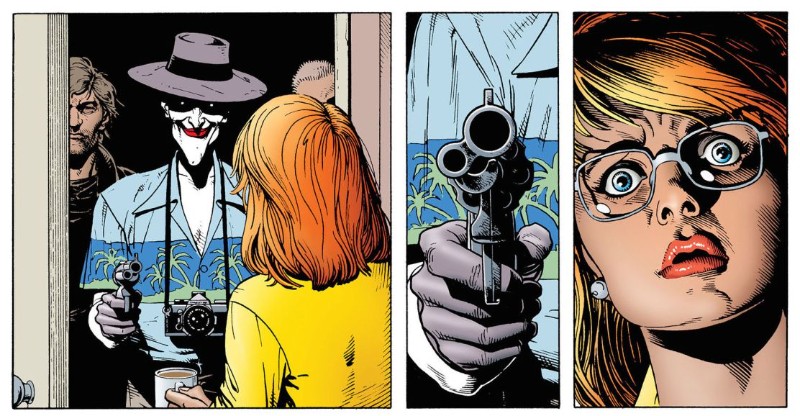
Next we have the treatment of Barbara Gordon
Specifically in The Killing Joke. Now, every argument you may have in your mind right now to defend this absolute waste of a comic book, I have no problem destroying.
The Killing Joke is often touted as one of the greatest comic storylines of all time and, honestly, there is no reason for it. Yes, I understand that the Joker is supposed to be sadistic and evil. Does that justify the mutilation, stripping, implied rape, and paralyzation of Barbara? Absolutely not.
And in case you were wondering, the paralyzing of Barbara Gordon is 100% an example of fridging. She’s used as a plot device to cement the Joker’s vendetta against Commissioner Gordon and Batman.
Alan Moore himself, the writer of The Killing Joke, said that there is no deeper meaning to that storyline. He wasn’t saying anything important. There was no message or commentary. Moore asked his editor Len Wein about paralyzing Batgirl and Wein’s response was, “cripple the bitch.”
So not only are the men writing the comics sexist, they so obviously need counseling and more women in executive positions.
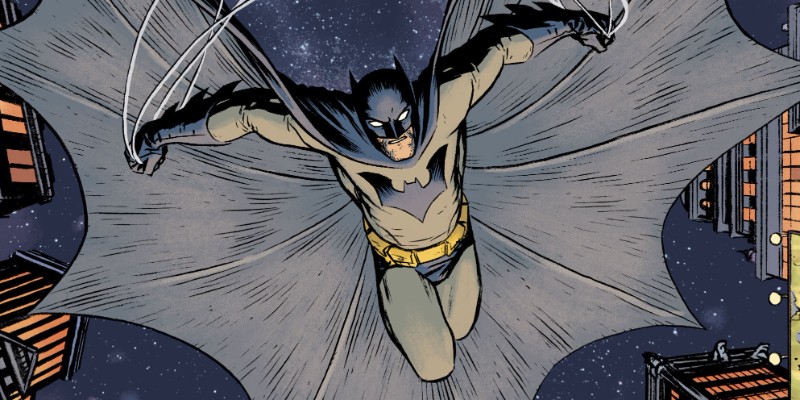
Thirdly we have Batman himself
Particularly how he treats the women around him. Now obviously we know that the billionaire is a womanizer, but that’s not even his biggest issue.
The problem lies with his treatment of women like Helena Bertinelli. Most of us know her as Huntress, but she did have a brief stint as Batgirl. Until she was forced out of the role by Batman because she didn’t follow his way of doing things.
She wasn’t allowed to act of her own agency or as her own person while carrying the mantle of Batgirl because, apparently, Batman feels the strong need to control the women around him.
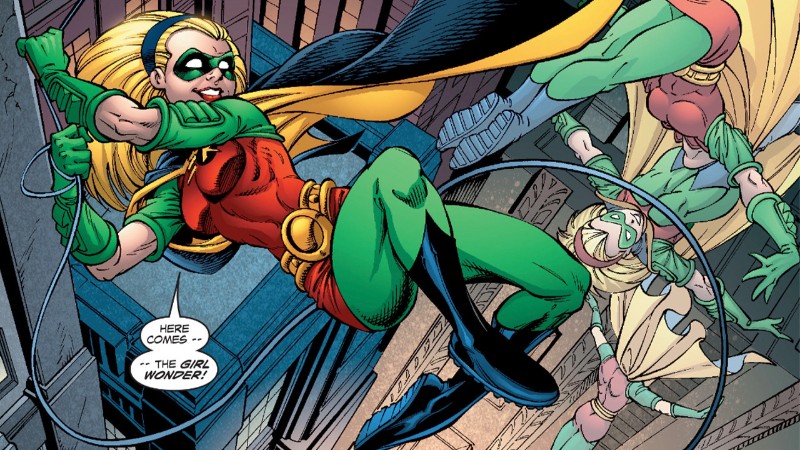
Then of course we have Stephanie Brown, the only female Robin.
Stephanie was tortured and murdered, her death never acknowledged by the caped crusader. She became just another Batverse victim of fridging.
Look, I understand. . .
That some of these characters were created at a time where nearly all men viewed women as property.
But if that’s going to be the excuse used to justify the treatment of these women, their stories and character arcs need to outgrow their misogynistic inceptions. But the reality is that oftentimes the treatment of these characters gets worse as time goes on.
Each of these Batverse characters, as well as this topic of sexism in comic books, gets a more detailed analysis in my podcast Lady Comic Book History.
Ever feel the overwhelming need to cosplay but you can’t because you’re like . . . going to work? Or maybe the cosplay life is just too expensive for you? (Totally fair by the way!)
Well, I’m here to introduce bounding, for when you just need some geek vibes in your everyday life.
As a filmmaker and aspiring screenwriter, I already hate the remaking of movies. In my opinion, a film of any kind should not be remade. Ever. Yet now there is a trend of remaking movies that once had male-dominated casts and gender-bending them so that women are at the forefront.
Representation is so important that instead of having original thoughts and stories that are unique to how women experience the world, filmmakers have decided to fake female representation by coasting off the success of men.
The main examples that come to mind are the all-female Ghostbusters, and the all-female Oceans 8.
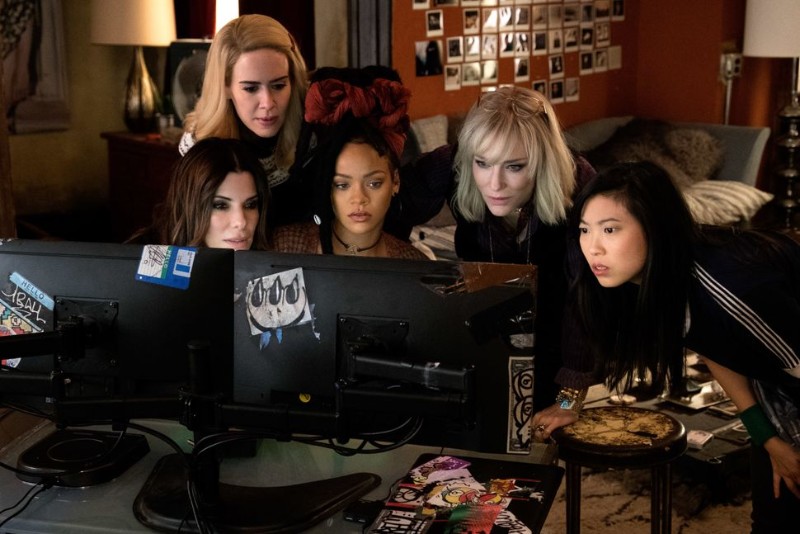
Now, one of my biggest problems with these films and with films like them is that they are marketed as “all-female casts.” Yeah, we get it. Representation is important. But if that’s your main selling point then I’m going to assume that you, as the production team and studio, already know that the story sucks.
My other major issue with the genderbending casts of existing films is that, if representation is so important, why are we not telling original stories?
Women are not just men with boobs. We have our own thoughts, ideas, stories, and experiences. To simply gender-bend existing movies suggests that women can only find success if men have found it first.
Men and women do not experience the world in the same way and therefore should not be telling the same stories. There is a very big difference between the hero’s journey and the heroine’s journey, and the longer we ignore that, the slower fruitful representation will be.
Now, the other side of this argument is that the current state of Hollywood and the powers that be are simply uninterested in the stories of women.
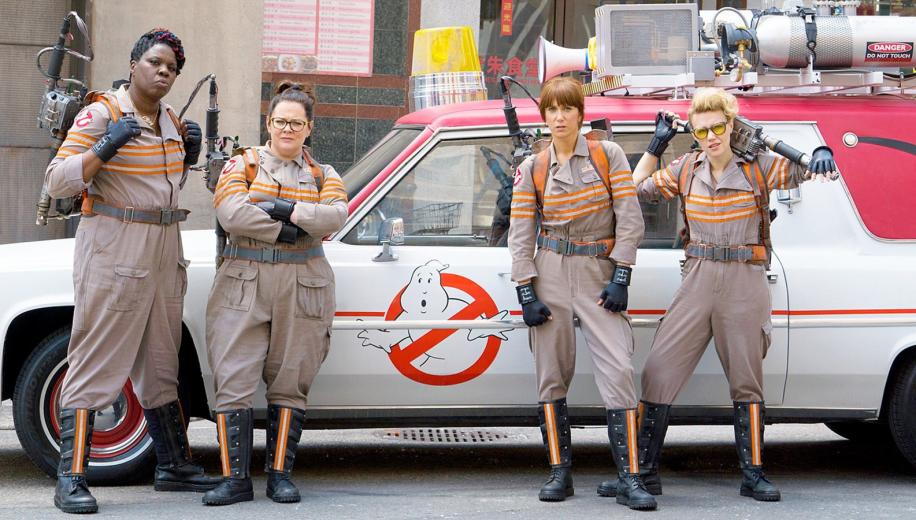
The powers that be are men, for the most part, and therefore this may just be a female filmmaker’s way of getting their foot in the door. Perhaps this is the only way we’re being allowed to tell stories at all.
I think it’s important to note that the state of the industry might be driving this and backing women into a corner. Offering up ultimatums like, “If you want to make films, this is how you’re going to do it.”
And women, who have been grinding away and just want and need their name on something, say yes.
On the other hand, we are starting to get truly female-led films. Not just in who is on screen but who is behind the camera and in the writer’s room.
Some more recent movies that have been released have focused on being more female-led. One can not claim a strong female movie if nearly everyone behind its making is male. It’s simply counterproductive and makes absolutely no sense.
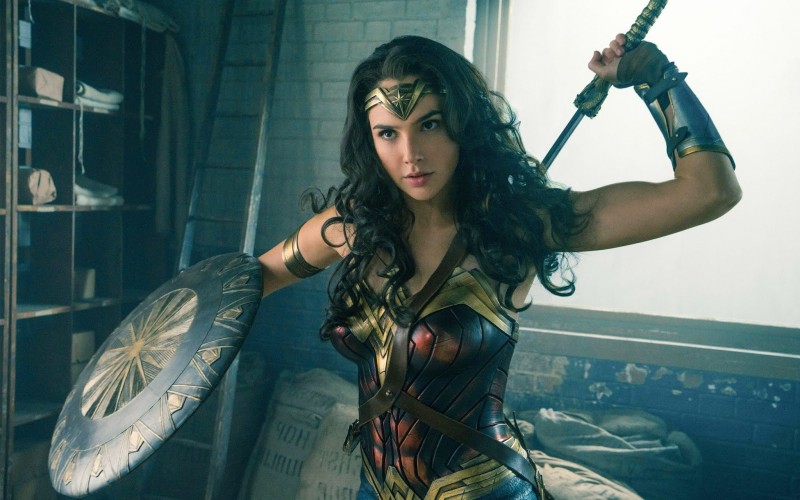
Little Women and Wonder Woman are excellent and successful examples of truly female-led films. Suckerpunch is an excellent example of men telling stories that aren’t theirs to tell.
If you’re whiter than winter snow, you wouldn’t try to tell the experience or story of a Black man, and you definitely wouldn’t do it without an actual Black man’s input. So why the hell are we allowing Hollywood to do it to women?
Why, while amidst Hollywood’s very slow shift in power, are we still using men’s success to define women?
In 2008, approximately 4,105 movie theaters experienced the opening weekend of a comic book movie that would change the landscape of cinema forever. Iron Man’s release marked the beginning of a brave new world that would put the power and influence of the cinematic medium into the hands of geeks and nerds everywhere.
What do you escape into when the world gets too difficult? It can be movies, television, music, sports, or anything that makes you stop thinking about what around you weighs you down. I personally lose myself in science fiction television, specifically Supernatural, Doctor Who, and Sherlock (otherwise known to the Tumblr community as SuperWhoLock).

